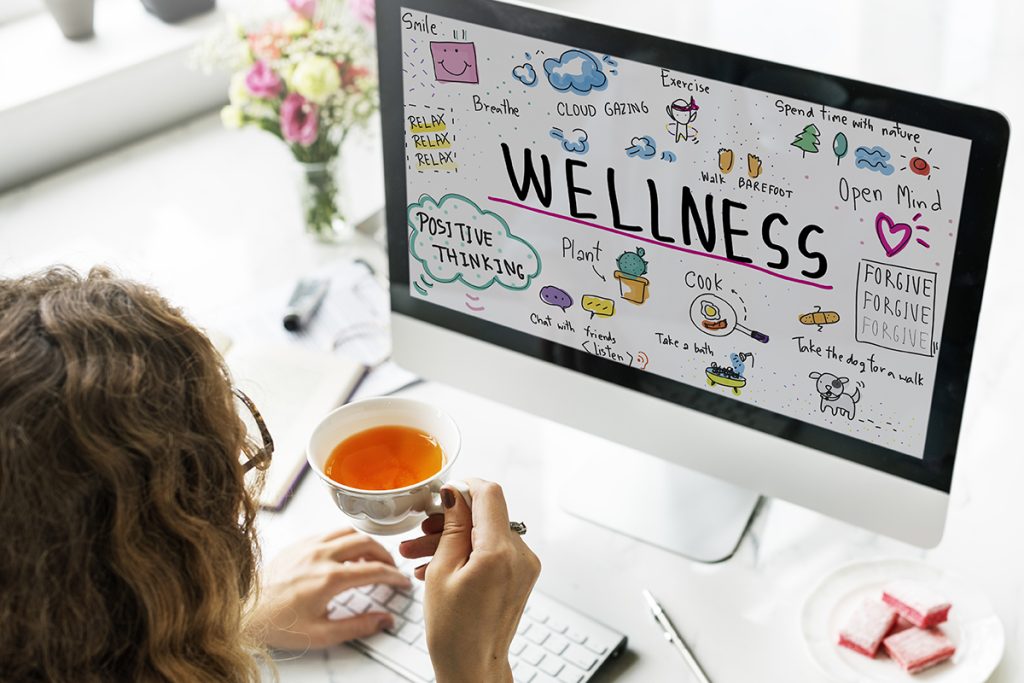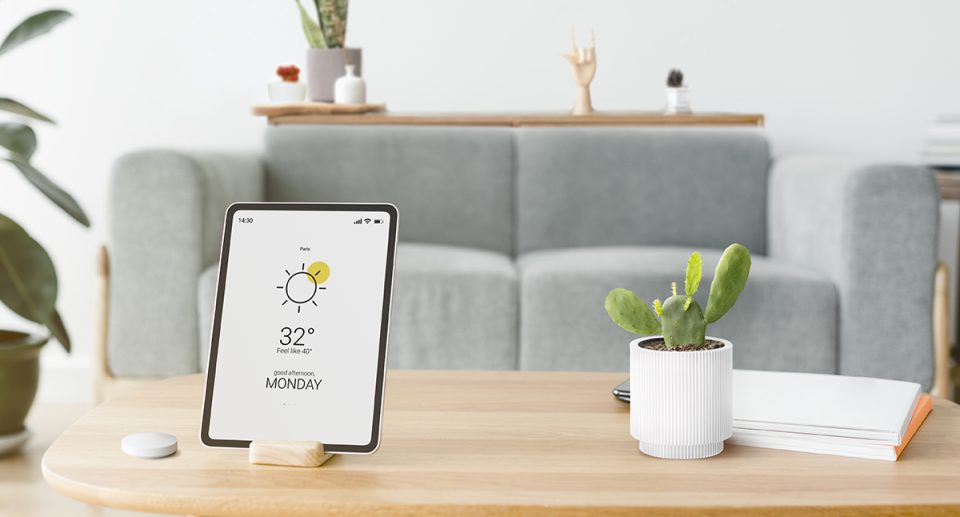Your digital wellness can promote a healthy mind

We live in a time where technology controls a large part of our lives. After all, we are always connected, always available and always up to date with the latest news. But what does all this do to our health? How can we improve our digital well-being and thereby lead a healthier life?

What is digital wellness?
Digital wellbeing (also known as digital health or wellness) is the pursuit of a conscious and healthy relationship with technology. This is both in the workplace and in your personal life. With many jobs and daily activities depending on the internet and digital devices. The main purpose of digital wellness is to consciously promote healthy usage habits and help the users of tech to maintain a healthy lifestyle in his or her daily life.
This doesn’t mean we should cut technology out of our lives completely. But we do have to use it in a healthier way.
The impact of technology on our health
Technology has undoubtedly improved our lives in many ways, but it also has some negative impacts on our health. Consider, for example, the influence of screen time on our sleep, the impact of social media on our self-image and the physical complaints that can arise from sitting too much behind a computer.
To promote a healthy life, it is therefore of great importance to be aware of these effects. And to actively work on our digital well-being.

Tips for a better digital wellness
Fortunately, there are many ways to improve our digital well-being. The following tips can certainly help you with that.
Set limits on your screen time
Try to limit the time you spend on your mobile phone, tablet or computer every day. This can be done, for example, by using apps that track your screen time and warn you if you exceed a certain limit. In addition, make sure you take regular breaks to rest your eyes and move your body.
Make sure you have good posture
Poor posture while using technology can lead to neck and back pain in particular. It is therefore important, especially at work and when busy with gaming, to sit upright (as much as possible), adjust the screen to eye level and take regular breaks to stretch and move.
Create a healthy sleeping environment
Make sure your bedroom is a quiet and relaxing place, free from electronic devices. Try to put your phone, tablet or computer away at least an hour before you go to sleep. And relax yourself with a nice reading book, a warm bath or another relaxing activity.
Make conscious choices on social media
Be selective about who you follow on social media and make sure you mainly follow accounts that inspire, motivate and make you feel good. In addition, try to do a ‘social media detox’ regularly. In which you don’t use social media for a few days or maybe even weeks. Do this to reset yourself and to focus more on other important aspects of your life.
The latter may sound a bit drastic. But all those constant push notifications from social media, emails and other apps can definitely be quite distracting and at times overwhelming. It is therefore important to disable the unnecessary notifications and set specific times to check all your messages.
Learn to deal with tech stress
Technology can exacerbate stress and sometimes anxiety, but it can also be a useful tool for coping better. For example, there are numerous apps and online platforms that can help you practice mindfulness, meditation and breathing exercises.
Be sure to take full advantage of this. And make sure that you regularly take time (offline) to relax and unwind.
Strengthen your offline relationships
While technology helps us stay in touch with friends and family, it’s important to invest time and energy in our offline relationships as well. To do this, regularly meet with friends and family, without smartphones or other devices being present.
This helps you feel more connected to others. And can have a positive impact on your overall well-being.

Your digital wellness can promote a healthy mind conclusion
By promoting your digital wellness, you can maintain a healthier relationship with technology and minimize the negative effects of excessive screen time and digital overload, among others.
It is essential to manage this use of tech. Because by actively working on your digital well-being, you too can reduce the negative impact of technology on your health and lead a healthier, happier life.



















